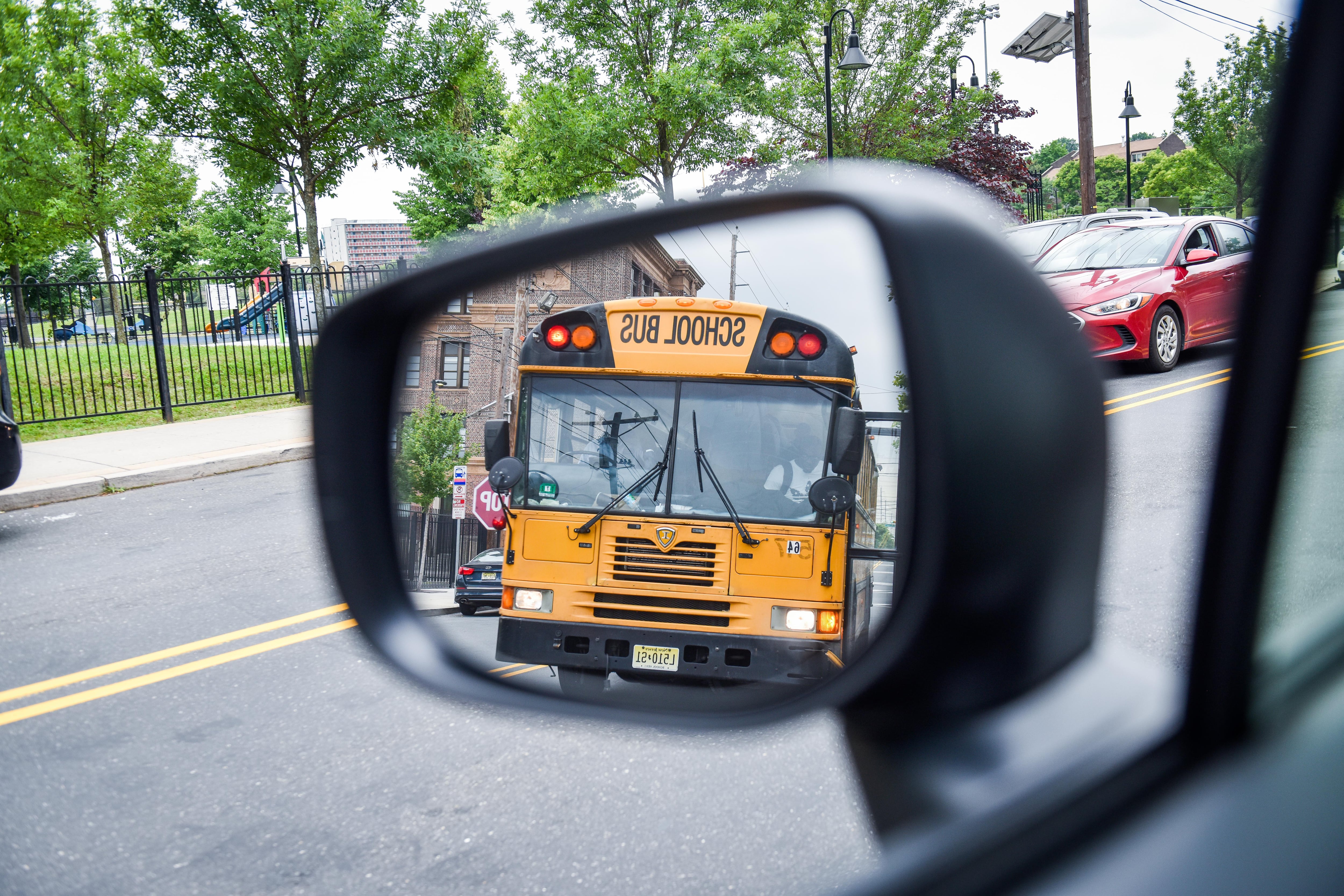New York City officials are expanding summer school yellow bus service for homeless students and those with disabilities, but still have no plans to provide busing home at the end of the day.
The city’s summer school program, known as “Summer Rising” — which is open to all students for the first time — includes an academic portion for the first part of the day followed by afternoon enrichment, such as field trips and other camp-like activities.
For weeks, advocates have demanded that city officials provide round-trip yellow bus service at the day’s end to students who typically receive it during the school year. Without it, they argue that some of the city’s most vulnerable students, including those with disabilities who use wheelchairs or homeless students who live far from public transportation, would be shut out of a significant chunk of the summer enrichment program.
The afternoon enrichment wraps up at 4 p.m. for middle school students and 6 p.m. for elementary students. (The structure of the high school program varies.) The program is set to launch early next month.
City officials initially declined to provide yellow bus service to many homeless students and those with disabilities who typically receive it during the school year. And even for students who were eligible, officials said they would only be able to provide round-trip service for the academic part of the day, which creates a barrier for families that can’t arrange transportation at the end of the afternoon enrichment portion.
After pressure from advocates, the education department recently agreed to expand bus transportation — but again, only for the academic portion. Under the new rules, all students with disabilities and those in temporary housing who typically receive yellow bus service during the school year will be eligible for it this summer. About 50,000 students with disabilities and 5,000 homeless students typically receive busing during the school year; it’s unclear how many of them will participate in the summer program.
Students who stay for the full day can request a MetroCard for the trip home, including one for a caregiver to accompany them, education department officials said.
Advocates welcomed the rule change, but said the department’s decision not to provide bus service at the end of the full day violates state and federal laws that guarantee equal access to activities for students with disabilities and those in temporary housing.
“We are encouraged that the [education department] expanded the number of students who are eligible for bus service for the instructional part of the day,” said Randi Levine, policy director at Advocates for Children, which has raised concerns about the busing policies. But “if you’re forcing students with disabilities or students who live in shelter to leave hours before their peers, you’re not running an inclusive program.”
Levine said that if the city can’t offer bus service at the end of the day, they should pay for a car service.
Sarah Casasnovas, an education department spokesperson, said the city is planning to provide transportation options in addition to MetroCards for students with disabilities and those in temporary housing at the end of the full-day program. She did not indicate whether that would include a car service, saying that details would be provided “soon” even as the program is set to launch in less than two weeks.
Officials indicated that they could not provide bus service at the end of the school day due to “operational constraints and safety considerations” but did not offer any additional details about what that meant. They also did not answer questions about whether the bus policy violates the law. Asked how city officials were communicating the change to parents, they pointed to changes to the education department’s website, suggesting parents may not be directly informed of the new transportation option for the academic portion of the day.
Busing isn’t the only possible barrier for students to attend summer school. Some families and advocates have raised concerns about whether there will be enough specialized staff on hand to meet the needs of some students with disabilities. And the enrollment process for the summer program has also sparked confusion, as some families have been turned away from specific summer school sites or placed on waitlists.
Asked on Wednesday about the waitlist issue, which Chalkbeat first reported earlier this month, Mayor Bill de Blasio said he needed to gather more details about what is happening.
“I want to know more about that,” de Blasio said. “We wanted this to be something unlike anything you’ve seen before, and it’s going to be the permanent model going forward. Of course, we want kids with disabilities to be able to participate.”






